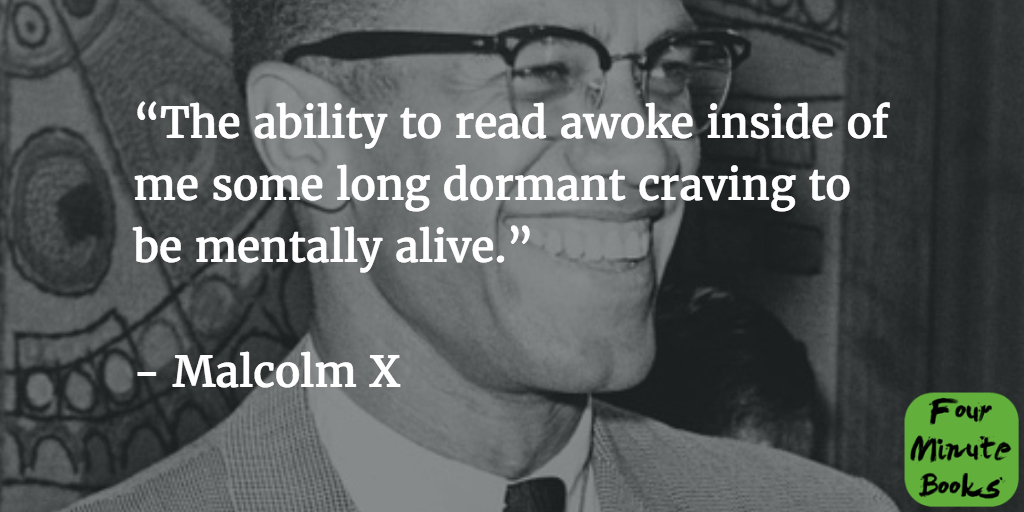


King was a middle-class Baptist preacher’s son from Atlanta who earned his doctorate in systematic theology at Boston University. So much has been made of how King and Malcolm were different. Freedom was so important to him that Malcolm counseled risking all, except one’s sense of self-respect, in the fight.” In 1989, Les Payne, a Pulitzer Prize-winning journalist (who would also win a posthumous Pulitzer with his daughter Tamara Payne for “The Dead are Arising: The Life of Malcolm X”) wrote in a column that “King offered racists the other cheek, Malcolm the back of his hand. “ Do the Right Thing,” Spike Lee’s film classic about an explosion of police violence and racial tensions on a scorching Brooklyn day, ends with that famous photo and juxtaposes conflicting quotes about violence from the two leaders, as if to let viewers decide which path to equality and justice is most effective. A 1987 play, “The Meeting,” by Jeff Stetson, depicts a fictional 1965 summit between King and Malcolm in a Harlem hotel. That moment - captured in a famous black and white photo of both men smiling - has fired imaginations for decades. King and Malcolm met once and only briefly, at the US Capitol during a Senate debate about the 1964 Civil Rights Act. What is understood is how those quotes have skewed our understanding of how these men related to each other during one of the most crucial periods in American history. It’s unlikely anyone will ever know Haley’s best, honest explanation as to how fake quotes attributed to King wound up in Playboy magazine. Haley is best remembered for two books - “The Autobiography of Malcolm X, As Told To Alex Haley” published nine months after Malcolm’s assassination in 1965, and “Roots: The Saga of an American Family,” which became a worldwide sensation in 1976, a blockbuster miniseries, and received the Pulitzer Prize.īut two years later, Haley settled a plagiarism lawsuit and admitted that “various materials” from “The African,” a 1967 novel by Harold Courlander, “found their way” into “Roots.” In a New York Times interview at the time, Haley said, “Somewhere somebody gave me something that came from ‘The African.’ That’s the best, honest explanation I can give.” Haley died in 1992.

“We’ve been teaching people for decades, for generations, that King had this harsh criticism of Malcolm X, and it’s just not true,” Eig said. But not as dismissive or disparaging as Haley presented them. Yes, King’s comments about Malcolm are critical.


 0 kommentar(er)
0 kommentar(er)
